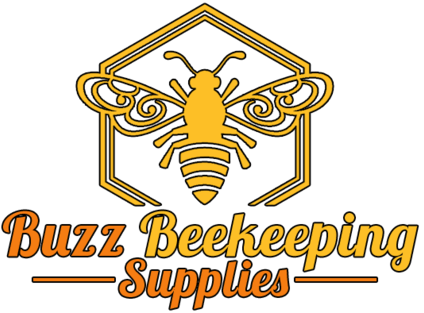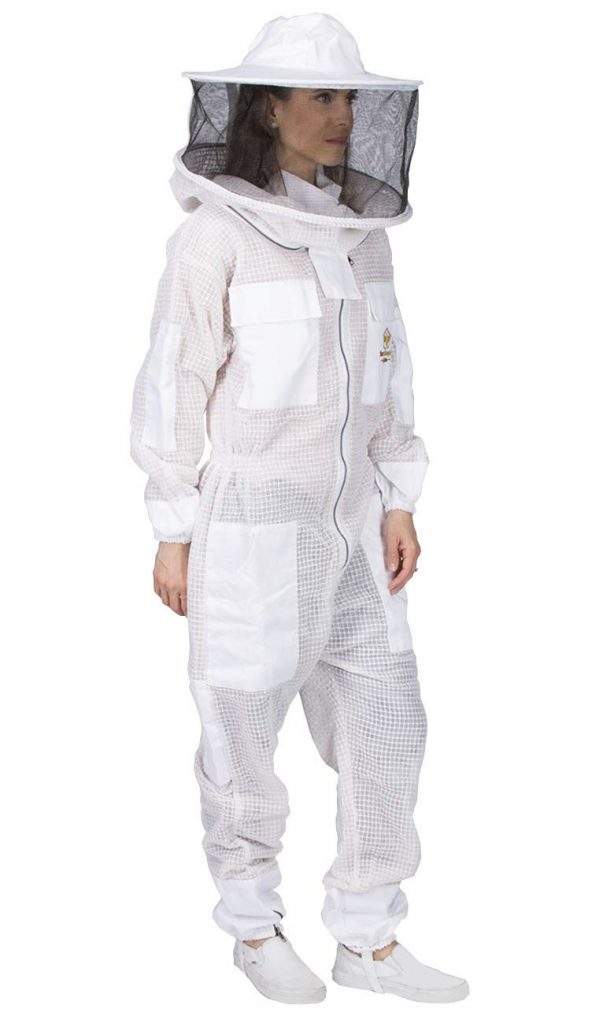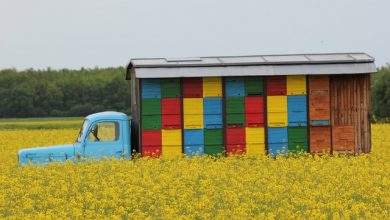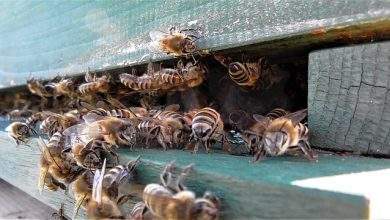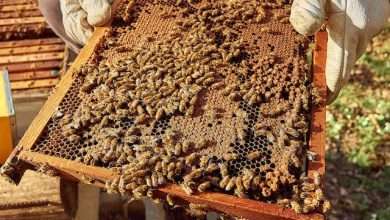Bee Supplies Iowa
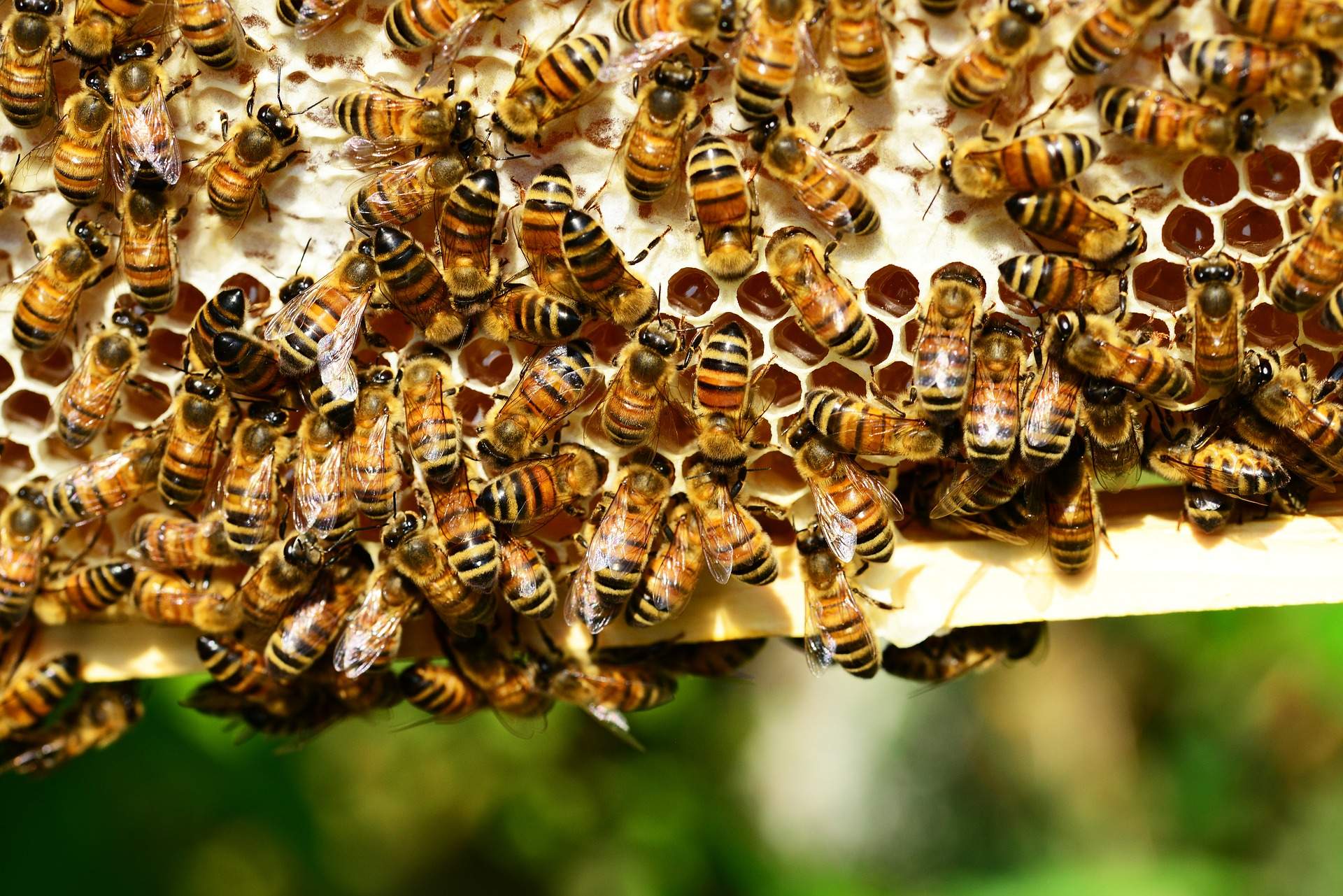
No matter where you are looking for beekeeping supplies in Iowa, we’ve got you covered.
History of Beekeeping in Iowa
Beekeeping has an extensive history in the state of Iowa, dating back to a time when honey production was celebrated and bees were revered as vital pollinators.
- Beekeeping in Iowa began with Native Americans, who recognized the value of bees and their sweet honey.
- European settlers brought traditional beekeeping practices to Iowa in the early 180s, introducing European honey bees (Apis mellifera).
- The first beekeeping pioneers in Iowa utilized log hives, known as “gums,” to house their colonies. These simple structures were often made from hollowed-out logs or wooden boxes.
Current Beekeeping in Iowa State
Honeybees play a crucial role in pollinating the vast agricultural landscapes of Iowa, ensuring the production of crops worth billions of dollars each year.
According to the latest data, there are approximately 127,000 beekeepers across the state, illustrating the widespread interest and dedication towards beekeeping. These beekeepers range from small-scale operations to larger commercial outfits, each contributing to the overall success of the industry.
Approximately 90 commercial crops rely on honeybee pollination, including corn, soybeans, apples, melons, berries, and many more.
Importance of Proper Beekeeping Supplies
Whether you are a beginner or a seasoned beekeeper, understanding the importance of using proper beekeeping supplies is crucial for the health and success of your honeybee colonies.
These supplies include:
– Beekeeping Woodenware
The most popular bee hive in the US is the 10-frame Langstroth hive, originally patented in 1852. This hive, for over 170 years, has been the industry standard.
The hive components include:
- Hive body
- Bottom board
- Honey super
- Frames
- Inner cover
- Hive cover
– Beekeeper Protective Clothing
Beekeeping can be dangerous without the proper gear, so make sure that you invest in a good bee suit, gloves, and a veil to protect yourself from bee stings. The clothing should be white or light grey in color and worn over regular clothing to protect the skin.
The most common protective gear for beekeepers include:
- Beekeeping Suits
Both canvas beekeeping suits and ventilated bee suits are available.
- Beekeeping Jackets
Canvas bee jackets and ventilated bee jackets are available.
- Beekeeping Gloves
Goatskin bee gloves and cowhide bee gloves are available.
MaIA times, you can purchase a combo pack of a bee suit and bee gloves at a discount.
Please note: Your beekeeping suit or beekeeping jacket should come with a veil included.
– Beekeeping Equipment and Tools
Here is a list of some common beekeeping tools:
- Hive tool
- Hive smoker
- Queen marker
- Bee Brush
- Hive feeder
- Entrance reducer
The state association is the Iowa Honey Producers Association.
Where to buy bees and nucs in Iowa?
One of the best places to purchase queen bees, packaged bees and nucleus hives (nucs) is your local bee club.
There are over 20 bee clubs in IA.
Here is a list of local bee clubs in Iowa:
- Boone River Beekeeping Club
- Cedar Valley Bee Club
- Central Iowa Beekeepers Association
- Des Moines Backyard Beekeepers
- Dubuque Swiss Valley Bee Club
- East Central Iowa Beekeepers
- Friendly Beekeepers of Iowa
- Great River Bend Beekeepers
- Heartland Bee Club
- Loess Hills Beekeeping Association
- North Iowa Beekeepers Club
- Northeast Iowa Beekeepers Club
- Northwest Iowa Beekeepers
- Pollinators Paradise Bee Club
- Quad City Bee Keeping Club
- Red Rock Beekeepers
- Southern Iowa Beehivers
- Southern Iowa Hive Handlers
- Southeast Iowa Beekeepers
- Southwest Iowa Beekeepers
- Siouxland Beekeeping Club
- Tama County Bee Keepers
Joining a local beekeeping club is an incredible opportunity to connect with like-minded individuals, learn from experienced beekeepers, and contribute to the preservation of our environment.
Beekeeping in Iowa
The Iowa Department of Agriculture and Land Stewardship regulates the apiary industry.
Iowa Beekeeping Laws
To ensure the safety and success of beekeeping activities, Iowa has established specific regulations and guidelines that beekeepers must adhere to. By understanding these laws, beekeepers can help protect their bees, maintain the quality of honey production, and contribute to the overall sustainability of the beekeeping industry in Iowa.
Registration and Licensing:
- All beekeepers in Iowa are required to register their apiaries with the Iowa Department of Agriculture and Land Stewardship (IDALS).
- Registration must be completed annually and should include information about the location, number of colonies, and contact details of the beekeeper.
- This process allows for effective bee colony inspections, disease control measures, and communication with beekeepers regarding any regulatory updates or alerts.
Apiary Location:
- The Iowa Beekeeping Laws require that apiaries be located at least 25 feet from the property lines.
- The apiary must also be positioned in a way that discourages bees from flying across property lines and causing disturbances.
- Maintaining proper apiary location helps mitigate potential issues with neighbors and ensures harmonious coexistence.
Selling Honey in Iowa
As a seller, you may need to obtain various permits, such as a Food Establishment License and a Cottage Food Producer License, depending on the scale and nature of your operation.
Contact IDALS or consult their website for detailed information on licensing requirements and necessary inspections to comply with state regulations.
FAQs for Bee Supplies in Iowa State:
What are the essential beekeeping supplies I need to get started?
- To start beekeeping, you will need beehives, frames, protective clothing such as veils and gloves, smokers, hive tools, and feeders.
What is the best time of year to start beekeeping in Iowa State?
- Spring, particularly April to May, is the best time to start, but you can start researching and buying beekeeping supplies in the winter months. Then you will be prepared to purchase bees in early spring.
What kind of protective clothing should I wear when working with bees?
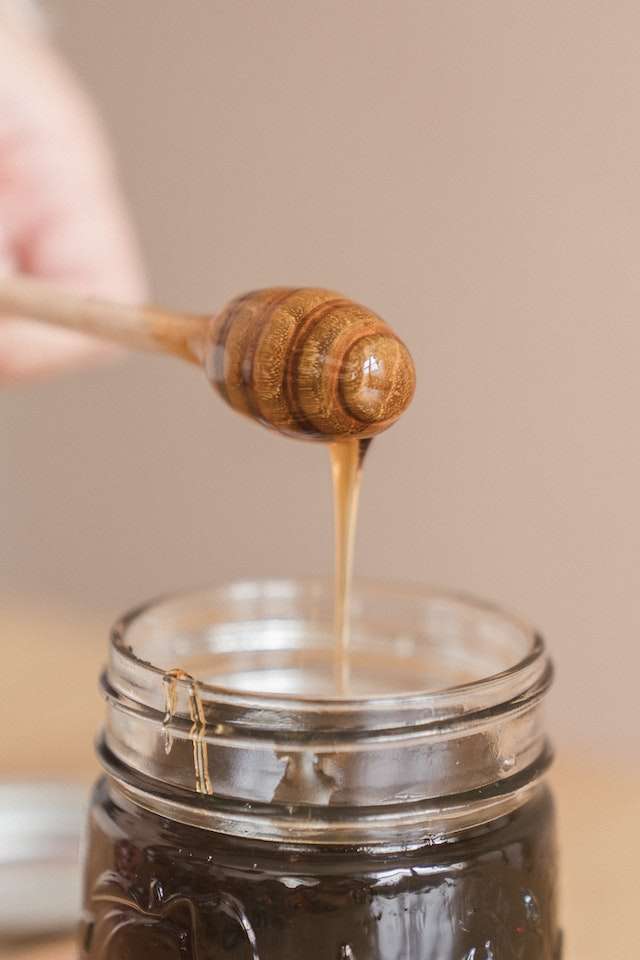
- It is important to wear a beekeeping suit, including a beekeeping veil, gloves, and sturdy footwear. This will protect you from bee stings and reduce the risk of injury.
How do I choose the right type of beehive for my beekeeping needs?
- When selecting a beehive, consider factors such as your location, climate, and personal preferences. The most common types of beehives are Langstroth hives, top-bar hives, and Warre hives. Each has its advantages, so research and consult with experienced beekeepers to determine which suits you best.
What should I look for when purchasing frames and foundation?
- Look for frames made from durable material, such as wood or plastic, and ensure they fit snugly in your selected hive. When it comes to foundation, choose between wax or plastic-coated foundation, both of which provide a base for bees to build their honeycomb.
What precautions should I take when working with bees?
- Beekeeping requires safety precautions to minimize the risk of stings. Always wear protective clothing, including a bee suit, gloves, hat, and veil. Use a smoker to calm the bees before opening the hive, and approach with calm and deliberate movements to avoid provoking their defensive behavior.
Where can I find reliable beekeeping supplies in Iowa State?
- You can find reliable beekeeping supplies in Iowa State by visiting local beekeeping supply stores, checking with local beekeeping associations, or searching online. Look for knowledgeable suppliers who offer high-quality equipment and accessories specifically designed for beekeeping in Iowa’s climate and conditions.
Remember, these are general FAQs and for more detailed information, it is always recommended to consult reputable sources or experienced beekeepers to ensure the best practices for beekeeping.
